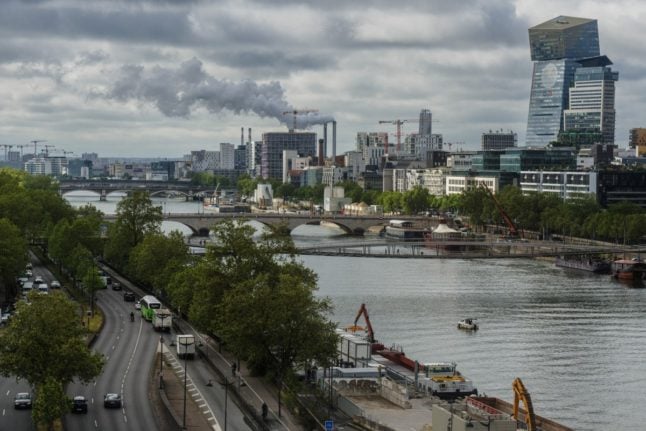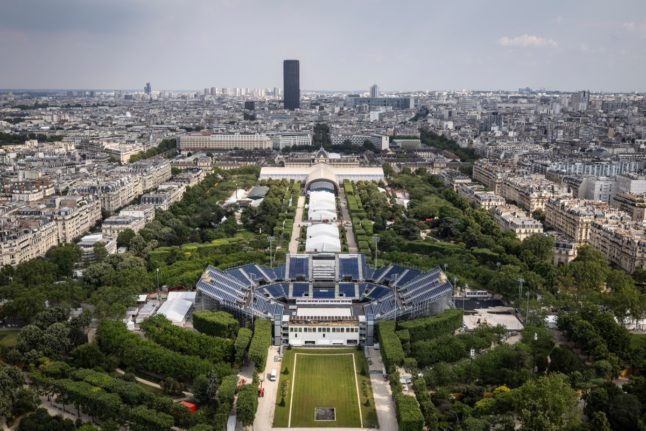“Samples from the Seine do not meet the standards we will have this summer” for the river when the Olympic Games are held from July 26th to August 11th, Paris region prefect Marc Guillaume said.
A weekly report published by the Paris region and mayor’s office blamed unseasonal rainy weather for the high rates of two kinds of faecal bacteria including E. Coli in the waterway.
“Water quality remains degraded due to… rain, high flow, little sunshine (and) temperatures below seasonal norms,” it said.
Results posted online showed concentration of E. Coli was higher than the recommended limit in four locations of the river for practically all of the week of June 10th to 16th.
The Seine is supposed to host both the Olympics opening ceremony as well as open-water events during the Games.
But Paris has been holding its breath hoping for the river to be clean enough.
In August last year, the swimming marathon test events were cancelled because the water was too dirty, as were the swimming legs on two of the four days of triathlon and para-triathlon tests.
If the river is too polluted when the Olympics kick off, the plan B is to postpone open-water swimming events for a few days — not to move them to a new location.



 Please whitelist us to continue reading.
Please whitelist us to continue reading.
Member comments